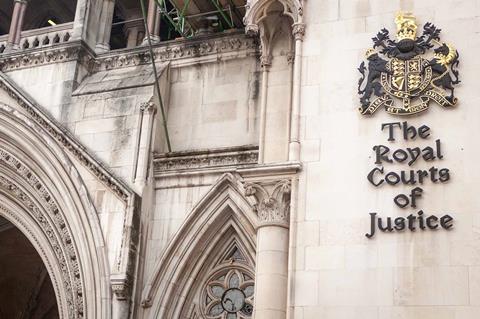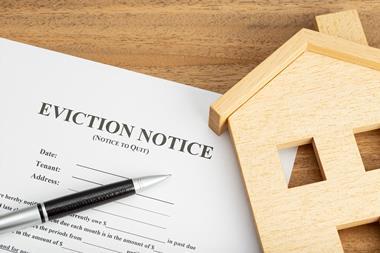One of the most controversial legal issues resulting from the current pandemic has been the refusal of insurance companies to pay out on around 400,000 business claims for Covid-19-related losses. In a landmark ruling, the High Court has ruled that most of the businesses that held business interruption are entitled to be compensated by insurers.

So, who is eligible to make a claim for loss of earnings? Despite a positive ruling, there is still a lot of confusion among business owners. We urge all businesses to consult their insurance documentation to understand whether their Covid-related losses will be covered.
It is likely that landlords and those in commercial property will be insured for property damage only. Much of the case has been centred on whether policies covering ‘denial of access’ or ‘notifiable diseases’ could be claimed as a result of Covid-19 and the government lockdown. These are risks that would be more typical for the tenant to insure against, as they would directly affect the tenant’s ability to operate their business.
Coronavirus has already dealt a fatal blow to many retail tenants. As this case impacts the financial livelihoods of many companies in the hospitality sector, it could result in more vacant properties on the high street if these businesses are forced to close. It is important for landlords to follow closely: if tenants are able to claim, they should be in a stronger position to catch up on rent arrears.
How can you claim loss of earnings? Making a ‘loss of profit’ claim can be complex and often needs to be tailored to an individual business, as opposed to the loss of an asset that is comparatively easy to value, such as a car. The business might be growing or be in the process of opening a new outlet or – in the most extreme example, – the business may go under, and therefore a complex case arises of estimating the value of the business lost ‘but for’ the pandemic.
The first step is to review insurance documentation and understand what risks you are protected against. If your policy only covers ‘fire and flood’, then you will not be covered, and similarly if ‘pandemics’ are an explicit exclusion.
Secondly, keep accurate records too. It is important to show the steps you have taken to mitigate against a potential loss. For example, recovering staff costs from a government scheme.
The most important thing is addressing this now. Insurance policies will have cut-off dates to make a claim, so do not leave it until it is too late.
Mark Reveley is senior manager at HW Fisher





























No comments yet